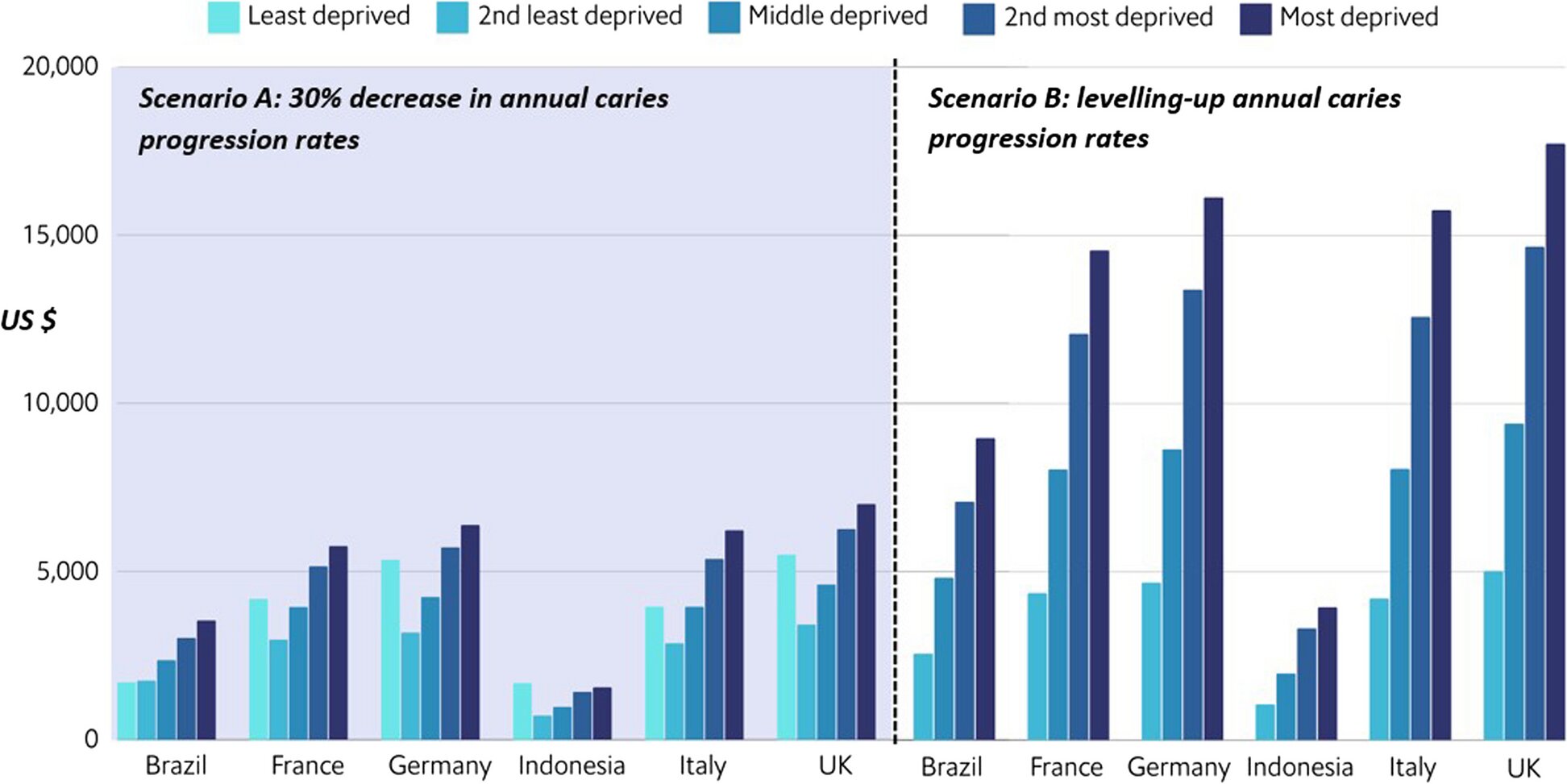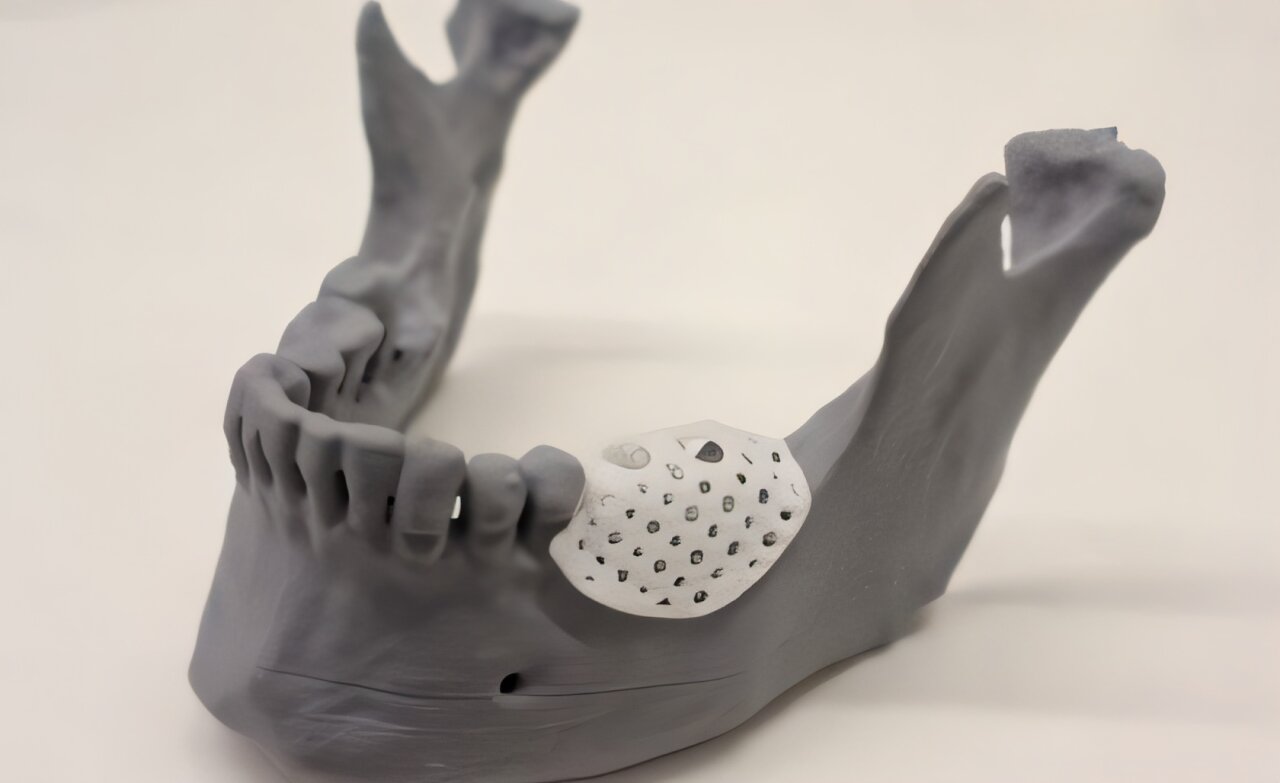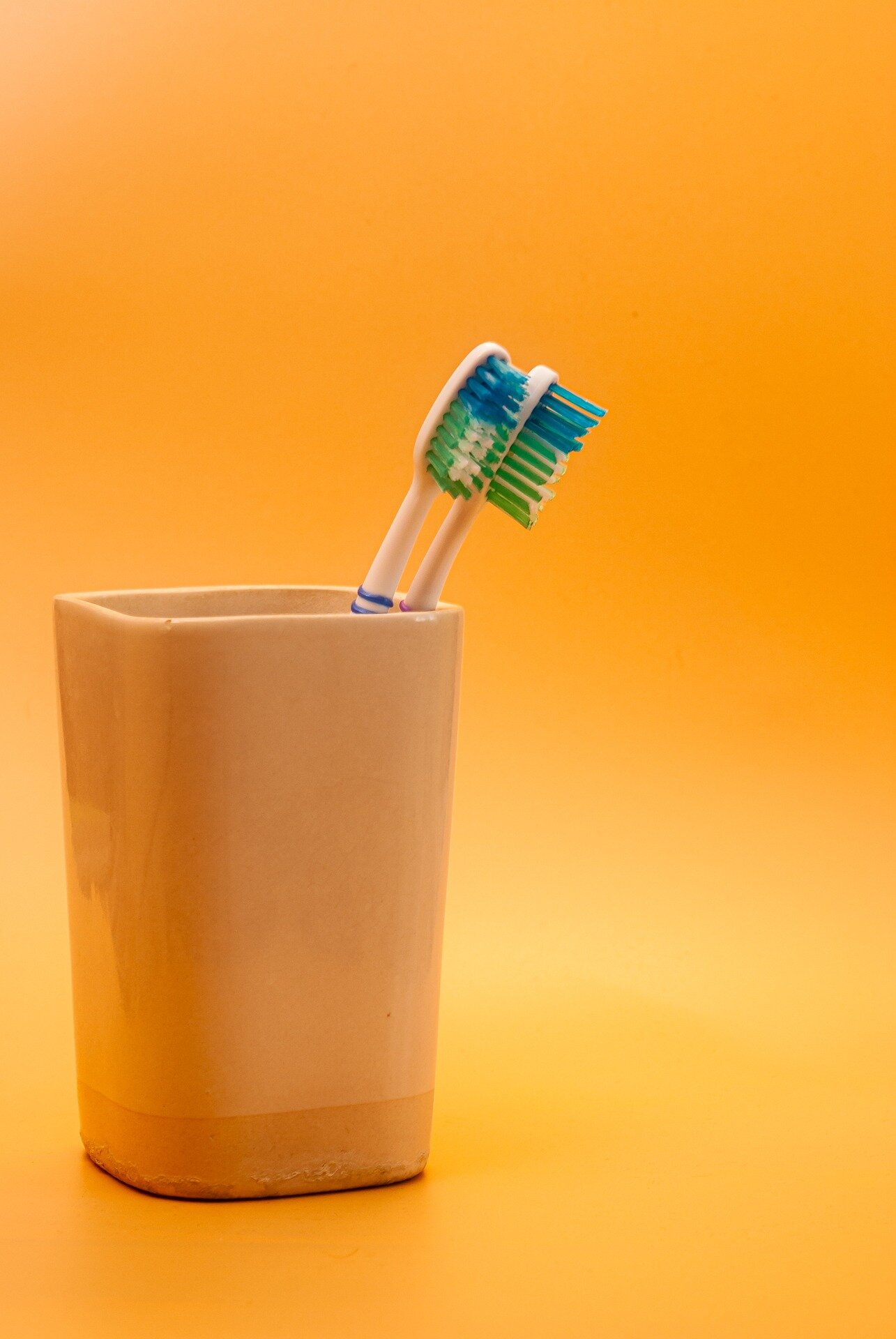
The economic impact of dental caries (tooth decay) is disproportionately higher in the most deprived groups, with estimated per-person costs of approximately £18,000 in the UK that could be dramatically reduced with targeted preventative measures, found new research.
The study, published in BMC Public Health and commissioned by the European Federation of Periodontology (EFP), examined inequalities in oral health by estimating the economic burden of dental caries by deprivation status in six countries.
An international research team, including Professor Moritz Kebschull and Professor Iain Chapple from the University of Birmingham’s School of Dentistry, developed a simulation model to study the health care costs associated with managing dental caries from adolescence to middle age in the UK, Brazil, France, Germany, Indonesia, and Italy.
The model was based on national-level data about decayed, missing and filled teeth, the relative likelihood of receiving an intervention (such as a restorative procedure, tooth extraction and replacement), and clinically guided assumptions for different socioeconomic groups. The findings reveal that the economic impact of dental caries is disproportionately higher in the most deprived groups, with the UK showing the highest per-person costs across the six countries at approximately £18,000 ($22,910).
Professor Iain Chapple, Professor of Periodontology and Consultant in Restorative Dentistry at the University of Birmingham and lead of the Oral, Intestinal and Systemic Health research theme at the National Institute for Health and Care Research (NIHR) Birmingham Biomedical Research Centre (BRC), commented, “Our study highlights the critical need for early and sustained preventive measures to address the economic and health disparities associated with dental caries. By focusing on the most vulnerable populations, we can achieve substantial cost savings and improve overall oral health outcomes.
“In alignment with the recent World Health Organization’s Resolution on oral health, the results of our analysis support the case for a more inclusive public health approach to caries management, that incentivizes and focuses on prevention rather than treatment to improve oral health in our populations.”
The study then analyzed the potential health care cost reduction resulting from the implementation of various preventive measures, including both upstream and downstream interventions. These include societal-level initiatives like community water fluoridation, taxation on sugar-sweetened beverages, education programs in schools, and oral health awareness campaigns; but also individual-level measures such as maintaining good oral hygiene by brushing with fluoridated toothpaste and applying topical fluoride.
If applied uniformly across the population, these interventions are estimated to reduce caries progression rates by 30%, with the greatest reduction in per-person costs for caries management seen in the most deprived group. A leveling-up approach to preventative measures, targeting those most in need, would have an even greater potential for cost savings, with reductions of approximately £14,000 ($17,728) per person in the UK in the most deprived group.
Professor Moritz Kebschull, head of the Division for Periodontology and Oral Rehabilitation at the University of Birmingham and researcher at the NIHR Birmingham BRC, said, “We observed that people in the most deprived groups have more dental caries from the start, which leads to more caries overall and higher costs. Therefore, it’s important to start preventive care early, focusing on reducing caries in young children and continuing throughout their lives.”
More information:
Gerard Dunleavy et al, Inequalities in oral health: estimating the longitudinal economic burden of dental caries by deprivation status in six countries, BMC Public Health (2024). DOI: 10.1186/s12889-024-20652-0
Citation:
Study reveals economic burden of tooth decay is highest in UK’s deprived groups (2024, December 20)
retrieved 20 December 2024
from https://medicalxpress.com/news/2024-12-reveals-economic-burden-tooth-decay.html
This document is subject to copyright. Apart from any fair dealing for the purpose of private study or research, no
part may be reproduced without the written permission. The content is provided for information purposes only.




